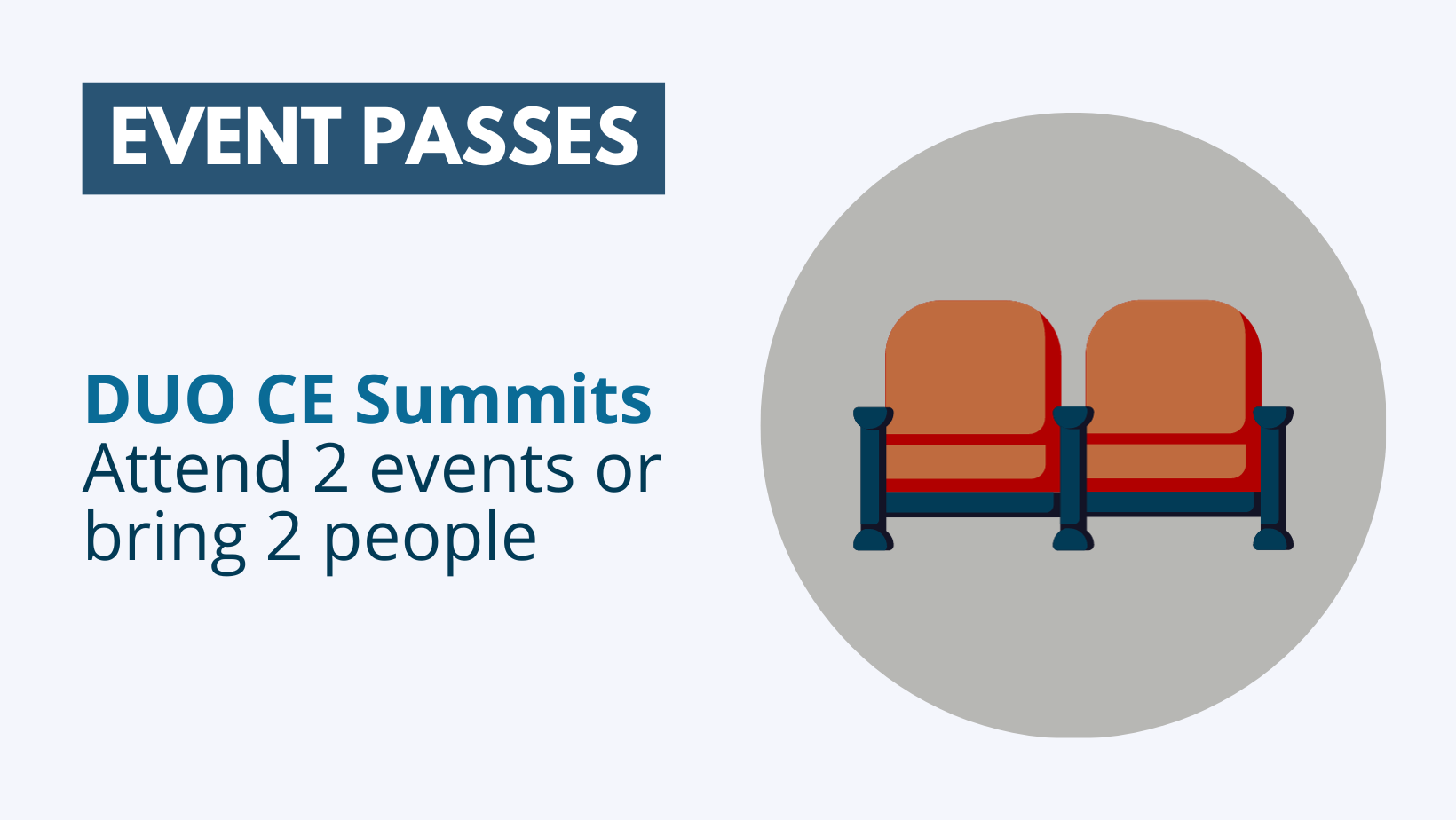Last updated: October 25 2023
GAAR: Taxpayer Wins Against CRA

Evelyn Jacks
In a recent Tax Court of Canada Case a taxpayer won and important appeal when the Canada Revenue Agency (CRA) invoked the General Anti Avoidance Rule (GAAR) on October 17, 2021. Here’s what happened:
The CRA issued notices of determination regarding the disposition of common shares in a corporation owned by the taxpayer. There were three issues:
- The adjusted cost base of the shareswere reduced to $1
- A capital gain resulted
- The capital loss originally claimed was denied
The CRA argued that there was an above of purpose and spirit of various sections of the Income Tax Act, when they were interpreted in the context of the Act as a whole. CRA came to the  conclusion that the transactions were abusive under the meaning of GAAR ITA Section 245(4).
conclusion that the transactions were abusive under the meaning of GAAR ITA Section 245(4).
The Tax Court judge disagreed and sided with the taxpayer. The appeal was allowed. Although there was a tax benefit and an avoidance transaction, the judge did not agree that it was abusive. In fact, he noted that the CRA had not demonstrate that the results achieved were intended by the Act to prevent. Further the transaction did not thwart the spirit or purposes of the law.
This is an important ruling given the changes that are coming under the GAAR in 2024. GAAR was designed to be an all-encompassing rule used by the CRA to prevent abusive tax avoidance transactions and strike a balance between the need for certainty in tax law for planning purposes and the CRA’s responsibility to protect the tax base and tax fairness overall.
However, while the new rules are not meant to interfere with legitimate commercial and family transactions. The explanatory notes to new draft legislation released by Finance Canada on August 4, 2023, made it clear that GAAR rules are a provision of the Income Tax Act – they do not stand along side it but are in it - and therefore GAAR is “an important part of ensuring the Act meets its objectives”. Further, and most important in entertaining sophisticated planning:
“It cannot be said that a transaction complies with the provisions of the Act if it doesn’t comply with the GAAR”.
At issue is that since its introduction in 1987, a large body of case law has developed around the application of GAAR, similar to the case above. (See Historical Perspective and Relevant Case Law features in Evergreen Explanatory Notes.)
CRA has been frustrated by the outcomes of its court challenges since the first GAAR appeal (Canada Trustco). It has now seen 25 GAAR cases challenges overturned in favor of the taxpayer. However, on May 23, 2023, CRA was dealt a major win related to GAAR. In Deans Knight Income Corporation v. The King et al., 2023 SCC 16, the Supreme Court of Canada provided guidance to those reading the Act, that to work within the spirit, object and purpose of the Act, the underlying rationale must be understood – why were the rules drafted, as opposed to how. The logic is that if the transactions in question frustrate the rationale behind the law, it is likely that GAAR will apply because it is a misuse or abuse of the law.
The Explanatory Notes to new draft legislation released August 4, 2023 proposed changes to the General Anti-Avoidance Rules that would introduce a new Preamble that taxpayers and their advisors must take into account, as well as changes to several other provisions including the definition of an avoidance transaction; that introduction of an economic substance rule; and a penalty provision, effective January 1, 2024. The optional disclosure and reassessment period amendments, as well as the preamble to the GAAR would apply effective on Royal Assent.
Tax planning and compliance outcomes. These new provisions could potentially affect tax planning for all individual and corporate taxpayers undertaking transactions resulting in tax benefits that do not have an economic substance after 2023 or that thwart the spirit, object and purpose of the Income Tax Act.
How to Make a Difference. Be sure to take the time to understand the ramifications of these changes to the Income Tax Act. There may be more court challenges on the horizon, and in particular where large sums of money are concerned, shoring up notes and documentation to support the spirit, object, purpose and economic substance in the transactions will matter when it comes time to defend a CRA challenge.
Court case: 2018-979(IT)G Quebecor Inc. c Le Roi, October 3, 2023
